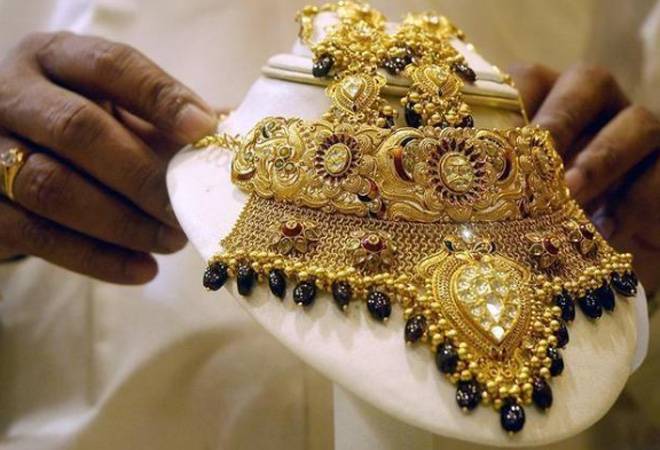NEW DELHI: The Government is planning to soon make hallmarking mandatory for gold jewellery sold in the country, Food and Consumers Affairs Minister Ram Vilas Paswan said Thursday.
The hallmarking of gold, which is voluntary in nature at present, is a purity certification of the precious metal. The Bureau of Indian Standards (BIS), under the Consumer Affairs Ministry, is the administrative authority of hallmarking.
“BIS has set standards for hallmarking of gold jewellery in three grades of 14 carat, 18 carat and 22 carat. We are going to make it mandatory soon,” Paswan said at a BIS event organised to commemorate World Standards Day with a theme on ‘Global Standards and the fourth Industrial Revolution’.
Paswan, however, did not specify the date of implementation of the mandatory gold hallmarking, but stressed on the need to adopt the standards in the interest of consumers.
India has over 220 BIS-recognised assaying and hallmarking centres; and maximum of them are located in Tamil Nadu, followed by Kerala.
As fourth industrial revolution would be of smart technologies, the minister said the BIS has a challenge to speed up the work in setting standards to ensure the country is not lagging behind in this area.
Paswan launched the revamped website of BIS and the pre-standardisation report on smart manufacturing.
Minister of State for Consumer Affairs C R Chaudhary too emphasised that the need of the hour is to discuss setting of standards for new smart technologies like artificial intelligence that are being embraced by the industry.
BIS Director General Surina Rajan said committees have been set up already to study standardisation of smart technologies to be used in fourth industrial revolution, when machines will be working like human beings and vice versa.
There are numerous standards development organisations which are working in the direction to develop standards that will be conducive for the fourth industrial revolution, which refers to emerging technologies that are blurring the traditional boundaries between the physical, digital and biological worlds, she said.
“It is a big challenge for us. There is a need to improve efficiency, speed and quality of our efforts to align with international standards. We will keep in mind the requirement of industry and consumers while making standards of smart technologies,” she added. (AGENCIES)


